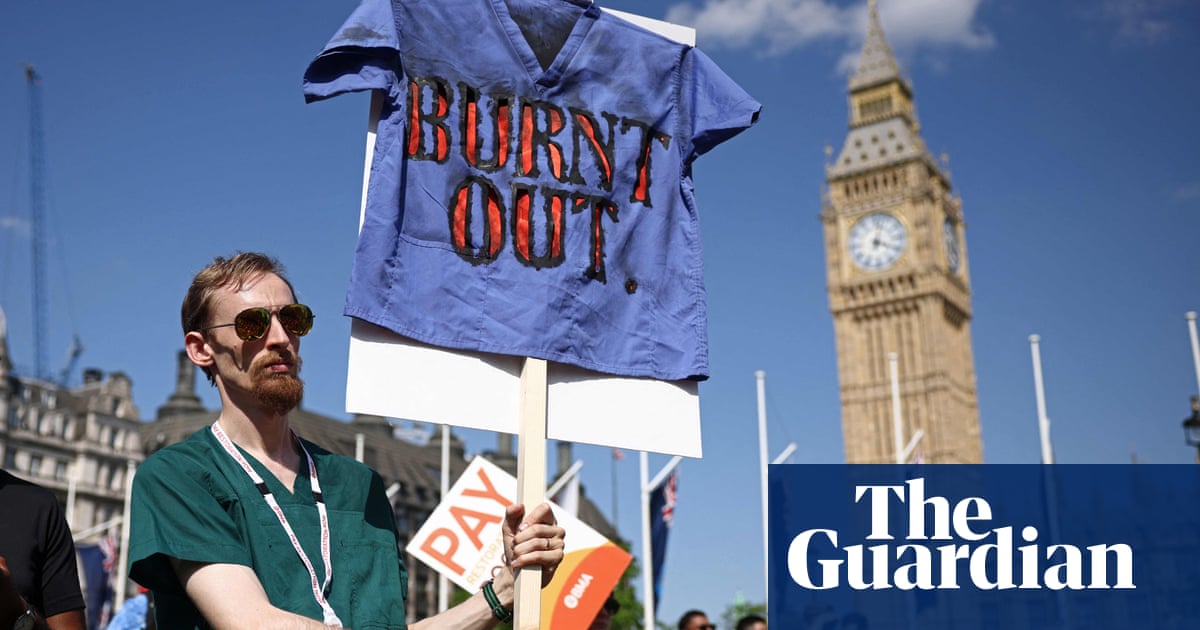
An estimated 50 million people joined India’s two-day national strike this week, a fraction of the number expected to protest.
Bank, factory and public transport workers disrupted services in six states on Monday and Tuesday, but the strike had limited impact across the rest of the country.
The call to strike came from 10 trade unions to protest what they call “anti-worker, anti-farmer, anti-people and anti-national policies” of the Narendra Modi government.
Workers are experiencing widespread economic hardship caused by job losses, plummeting incomes, high prices of essential foods and fuel, and chronic unemployment, all exacerbated by the Covid-19 pandemic.
Among the list of demands made by the unions were universal social security coverage, a higher minimum wage, a halt to the sale of state assets and no further privatisation of public sector banks.
The unions had predicted about 200 million workers would participate in the strike – which had as its slogan “Save People, Save Nation” – but some analysts said 50 million would be a generous estimate. It is difficult to be accurate in a country of India’s size.
The states of Kerala and West Bengal banned government employees from joining the strike, and Maharashtra invoked an emergency law banning the 80,000 workers in its power companies from striking.
India’s chronic unemployment was cited as another possible reason for the low turnout. In January, the Centre for Monitoring Indian Economy reported that 53 million Indians were unemployed. Those lucky enough to have jobs could have been too anxious to strike.
Although normal life remained unaffected in most of the country, unionists described the strike as a success.
Dr Dhondiram Karad, national vice-president of the Centre of Indian Trade Unions, said: “There is intense discontent against the Modi government. With food, gas and fuel prices so high, it is hard for an ordinary family to live, but this government ignores the working class totally.”
The national strike comes just months after a year of protest and unrest by farmers ended with the government forced to repeal a set of controversial farm laws. Farmers complained they had not been consulted on the laws and feared they would threaten their livelihoods.
“All we want is to talk to the government,” said Karad. “They just don’t talk to us or listen to our concerns. Workers were not even mentioned in the last budget.”
Analysts said the limited participation in the strike should not be interpreted as workers being happy with the Modi government.
Dr Shyam Sunder, professor of human resource management at the Xavier School of Management, said: “It’s more that they have been weakened by job losses and slashed incomes, making their lives so precarious they probably feel their individual participation is unlikely to change the government’s macroeconomic policies.”
A Times of India editorial called the national strike “a luxury that vulnerable unorganised sector workers can ill afford”.
Sunder said the strike was flawed by not having the backing of opposition political parties.
He added: “The unions missed a huge opportunity in the farmers’ agitation. That was when the industrial unions should have joined hands with them. Together, they could have forced the government to respond.”












